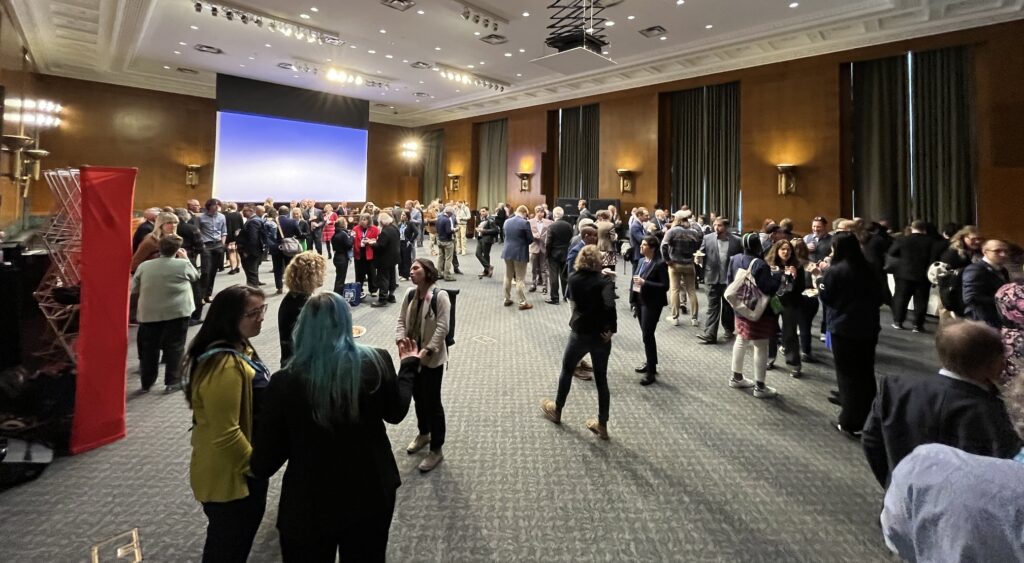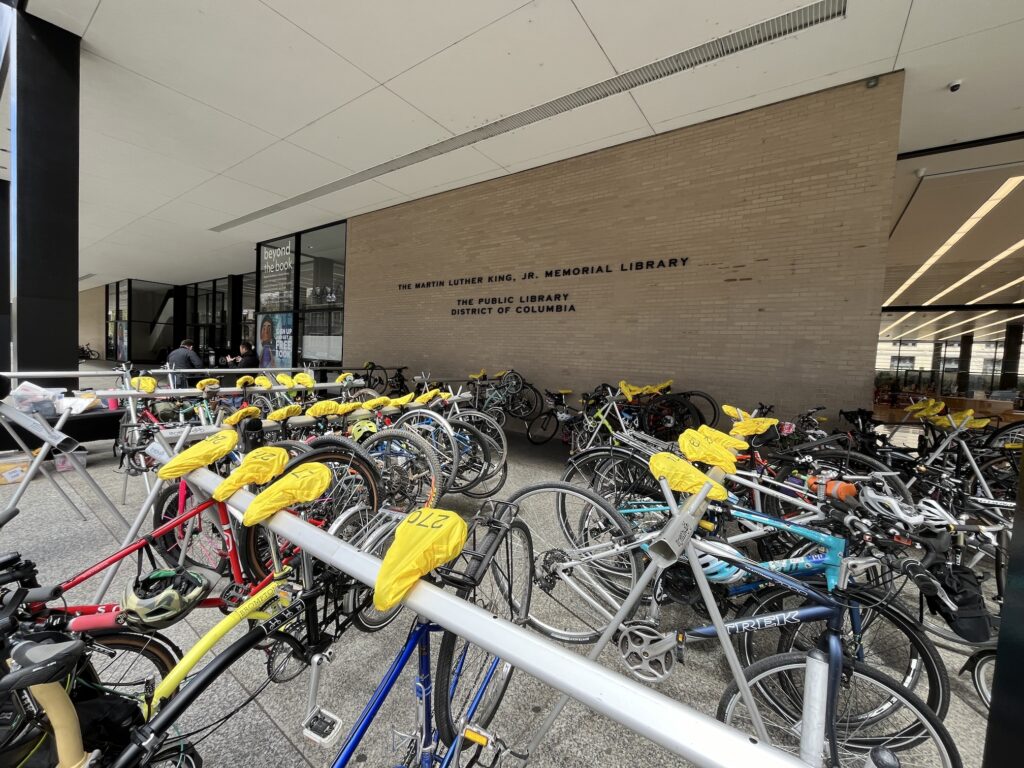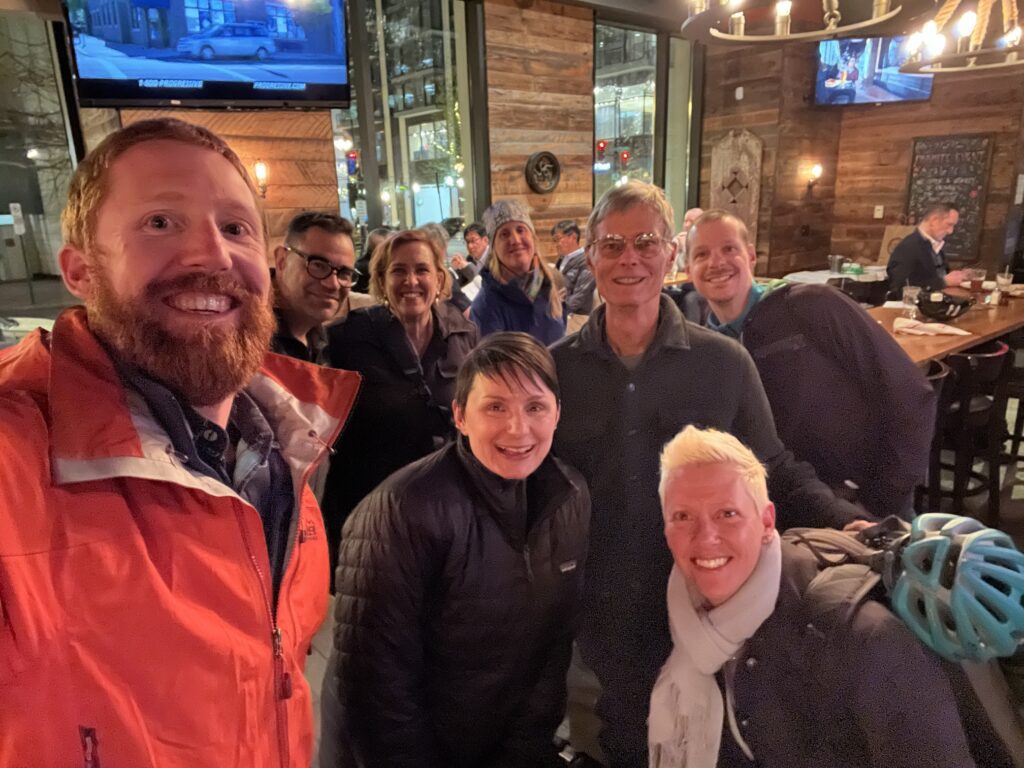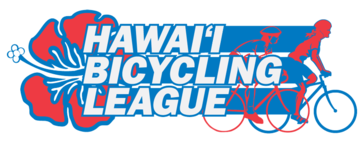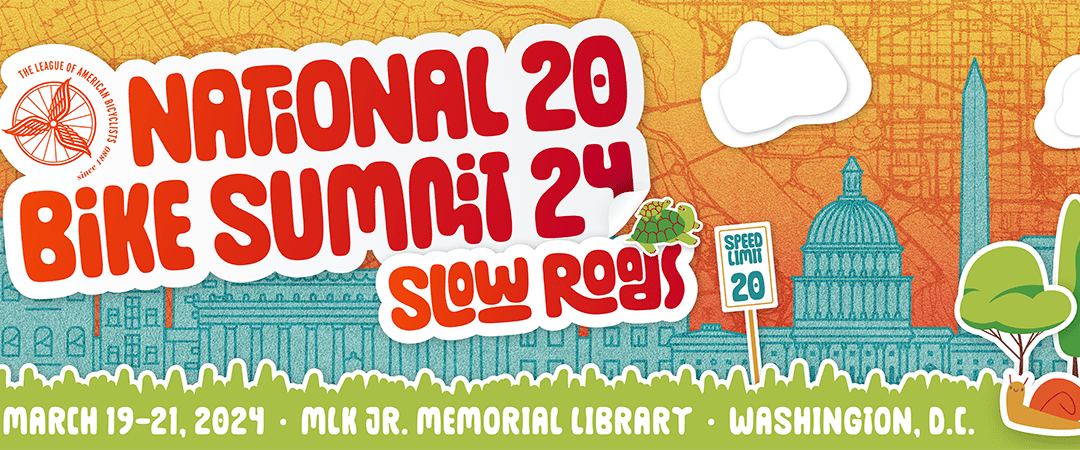In mid March, I attended the National Bike Summit in Washington, D.C. I was joined by our Advocacy Director, Eduardo, as well as hundreds of bicycle advocates from across the country. The cherry blossoms were in full bloom and we bundled up for chilly weather!
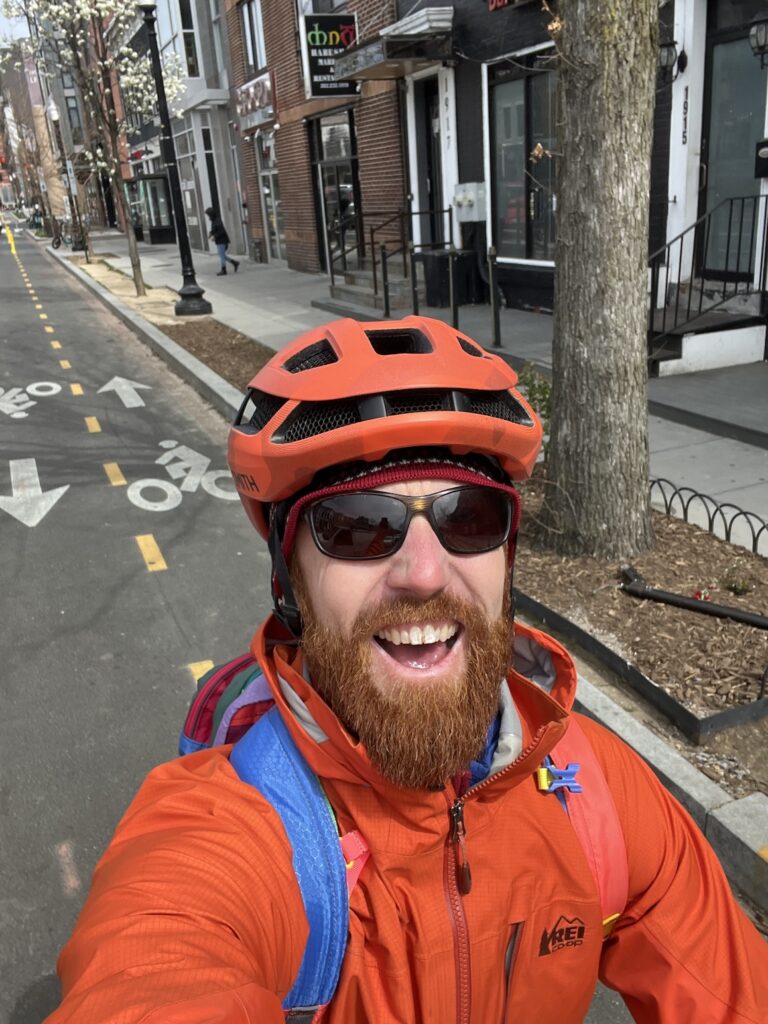
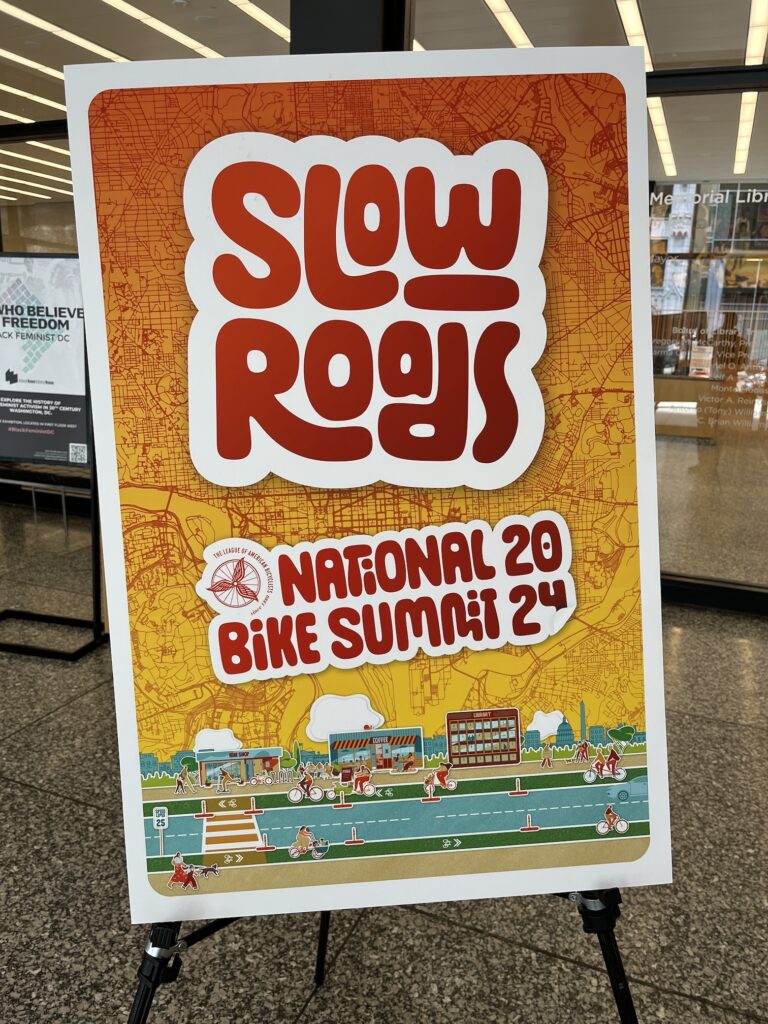
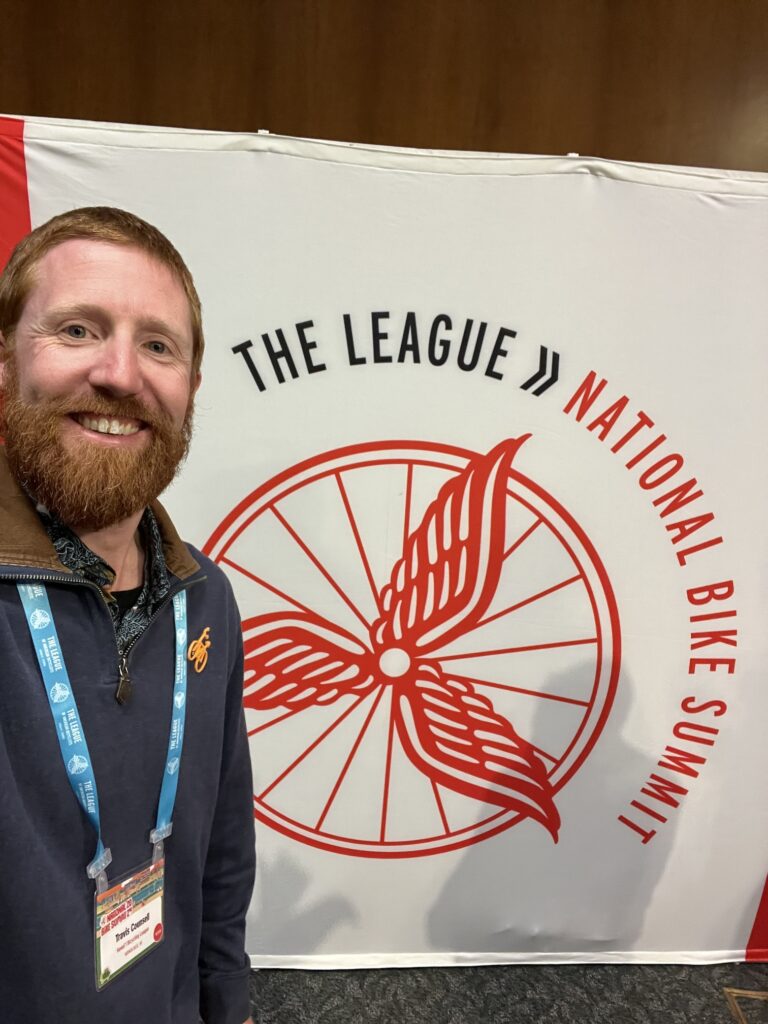
This multi-day conference serves as a networking opportunity with mobile & classroom learning workshops, as well as an opportunity to lobby our members of Congress to continue supporting active transportation and safer streets.
The National Bike Summit is an annual event organized by the League of American Bicyclists (LAB). LAB is similar to HBL, but focused on national policy and organization. It was founded in 1880 as the League of American Wheelman and championed much of the advancements we’ve seen for people riding bikes over the past 140 years. LAB also organizes the League Cycling Instructor certification, which is the basis for our education program. HBL is an organizational member of LAB, and many of our staff and members are individual LAB members. LAB also houses the Bicycle Friendly America program, which ranks businesses (HBL is a bicycle friendly business!), communities, universities, and states for bicycle friendly attributes.
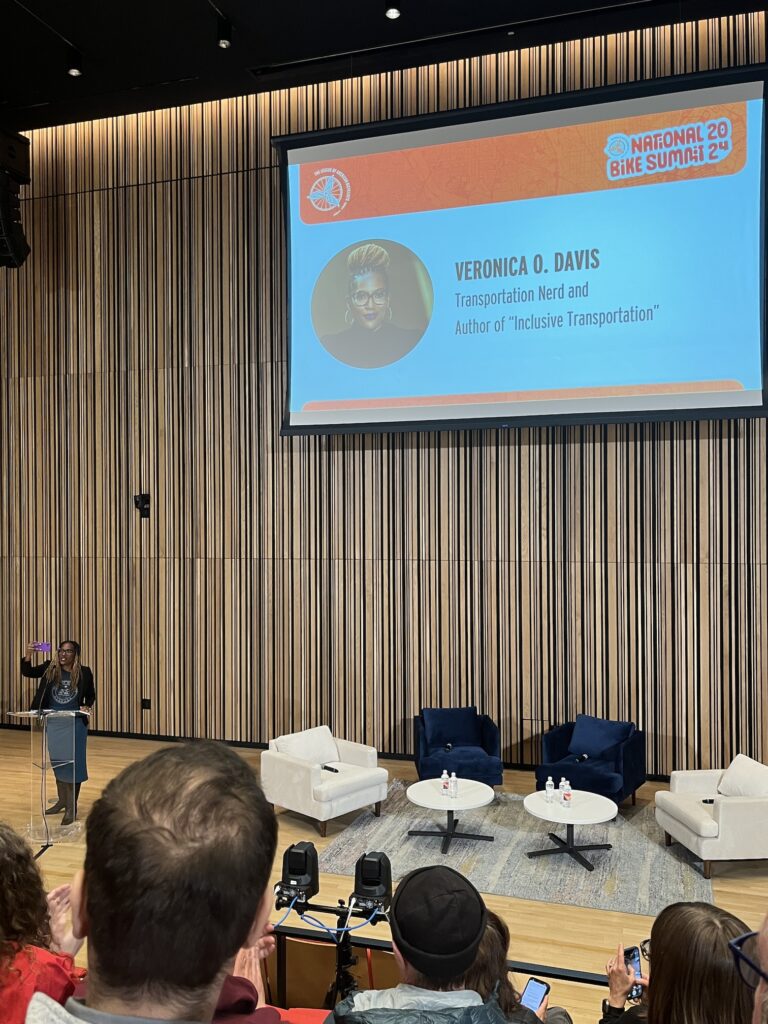
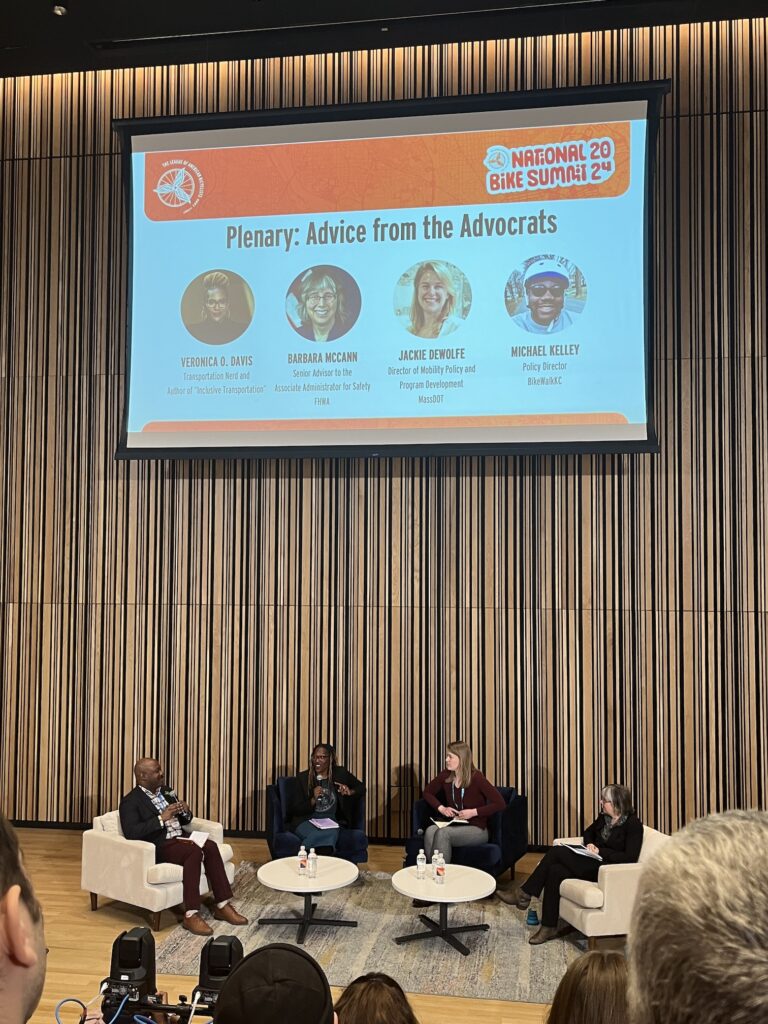
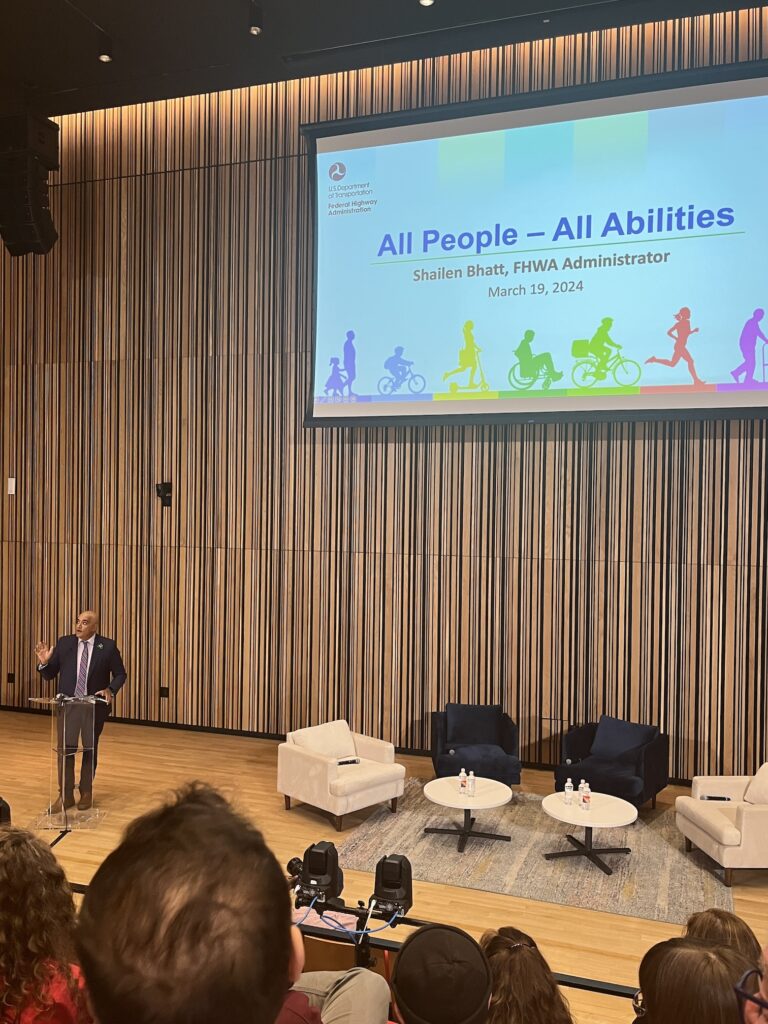
We started the conference off by hearing from Veronica O. Davis regarding how advocates can work with government officials and advice for the road ahead. We also heard from the Administer of Federal Highways Administration, Shailin Bhatt. He is a cyclist himself and a strong advocate for Vision Zero and Complete Streets. Last year, I had the pleasure of leading a bike tour in Honolulu that he participated in as part of a FHWA regional meeting. It was great to hear him speak and emphasize FHWA’s focus on roadway safety. He also announced a federal program called the Active Transportation Infrastructure Investment Program (ATIIP) opportunity just launched.
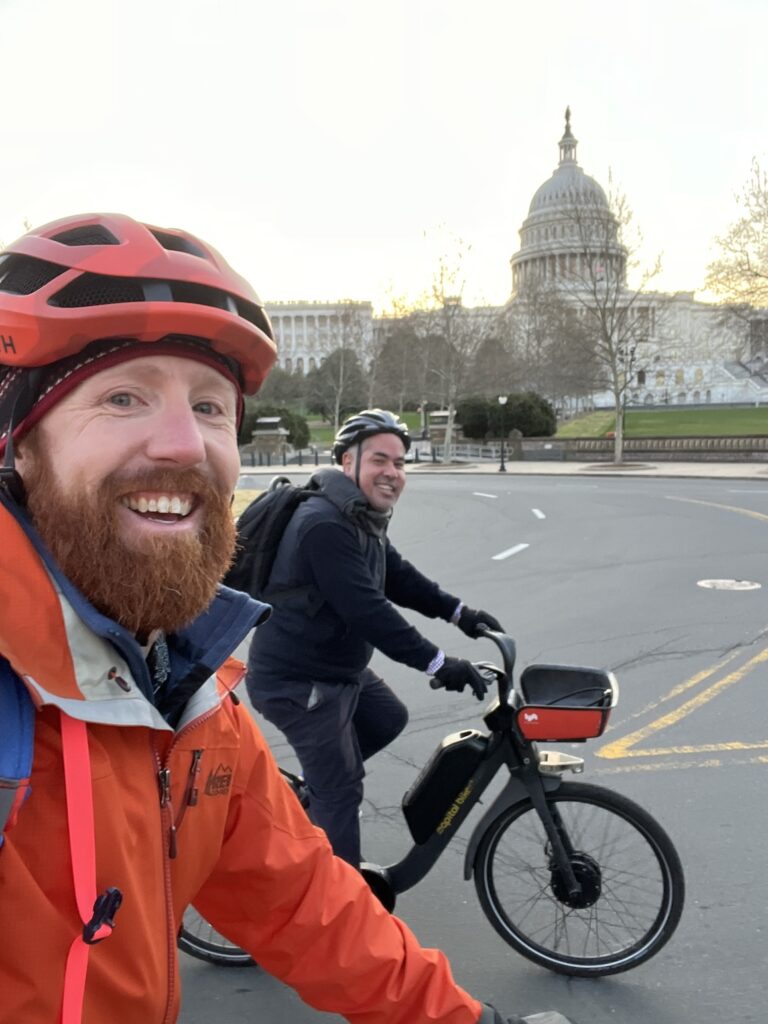
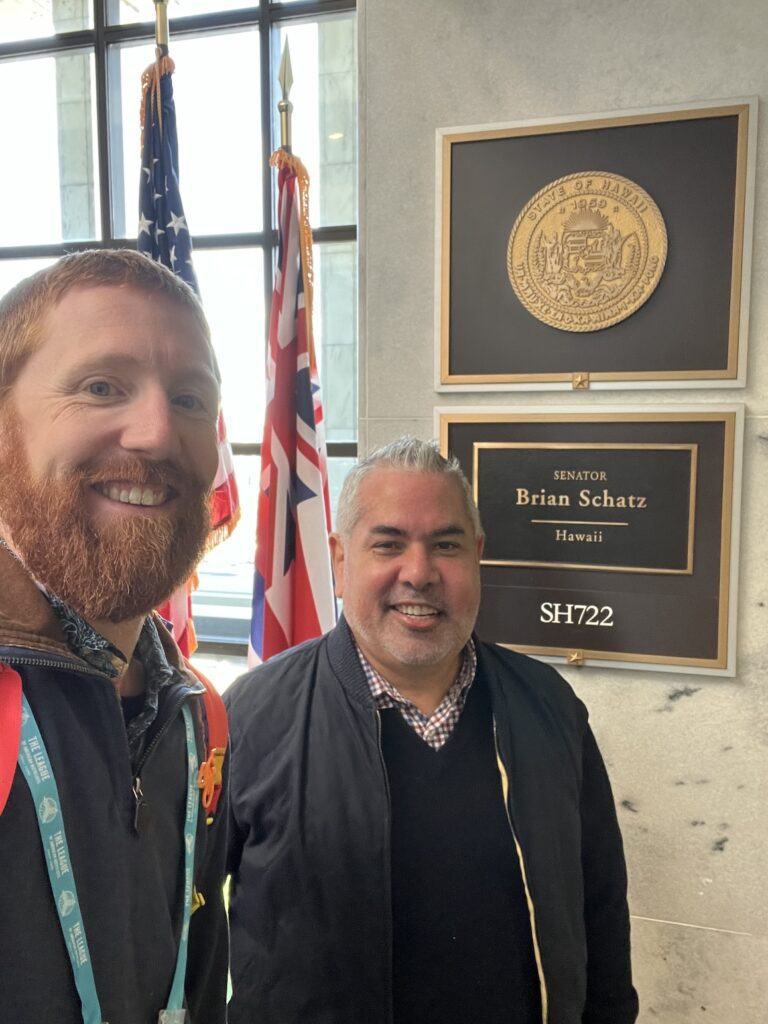
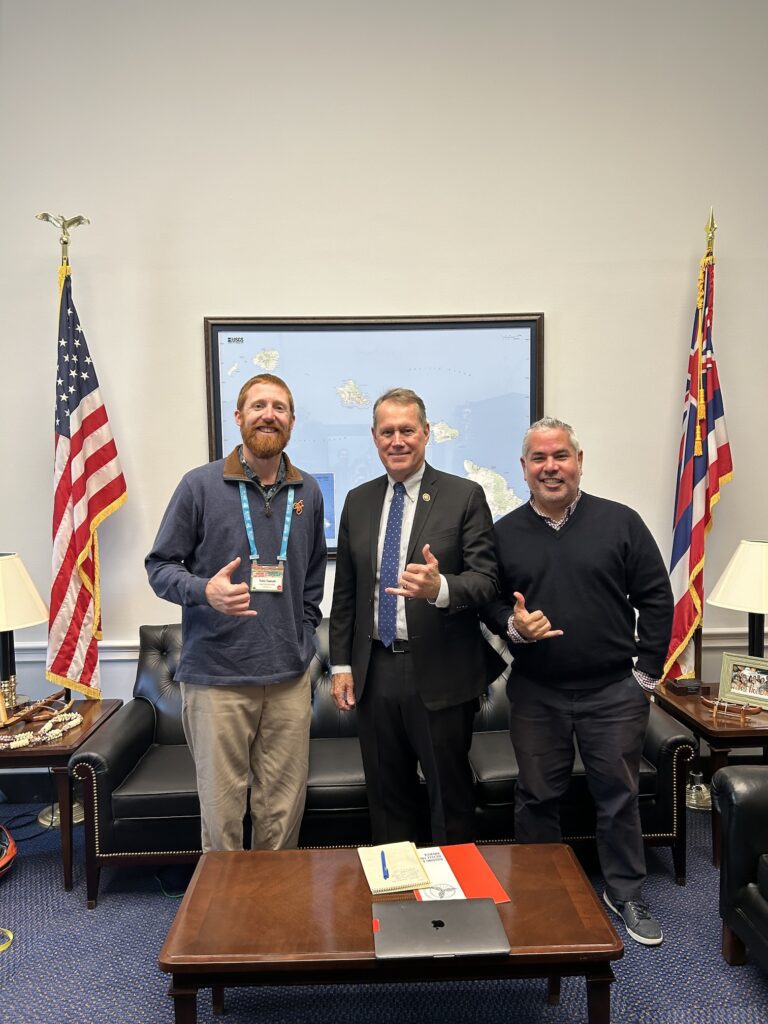
The second day of the conference was focused on meeting with our members of Congress and updating them on the state of bicycling, as well as active transportation needs at the federal level and how they impacted the local level back home. We successfully held meetings with the offices of each of our congressional representatives, including an in-person meeting with Rep. Ed Case. We highlighted federal funding opportunities, such as RAISE, ATIIP, and Safe Streets & Roads For All, and the positive impact they have on creating safer streets for all.
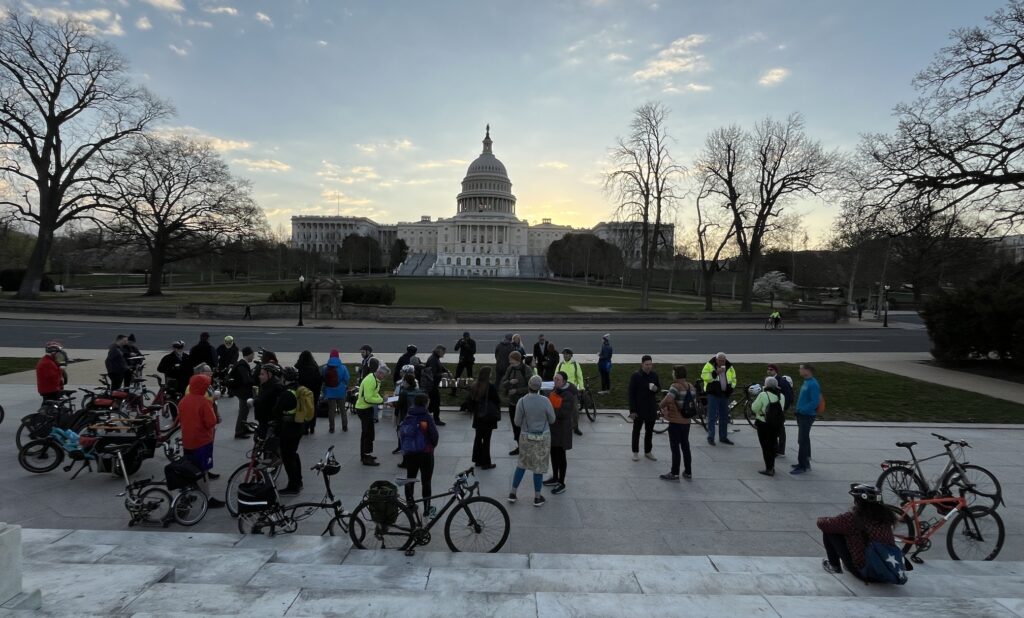
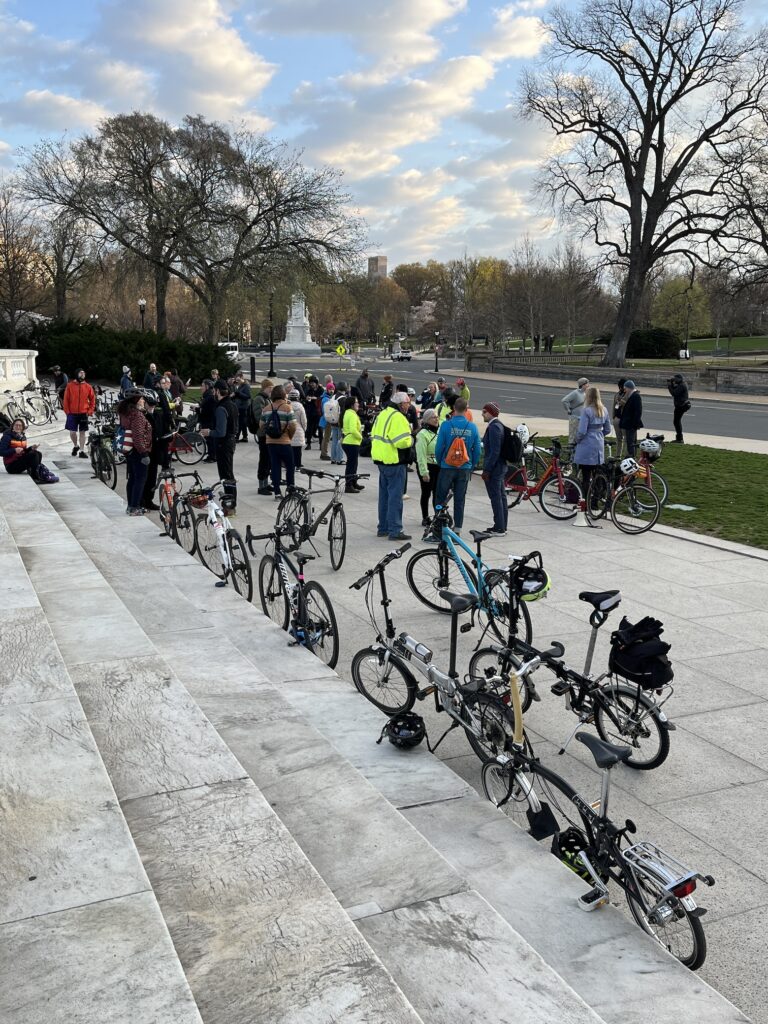
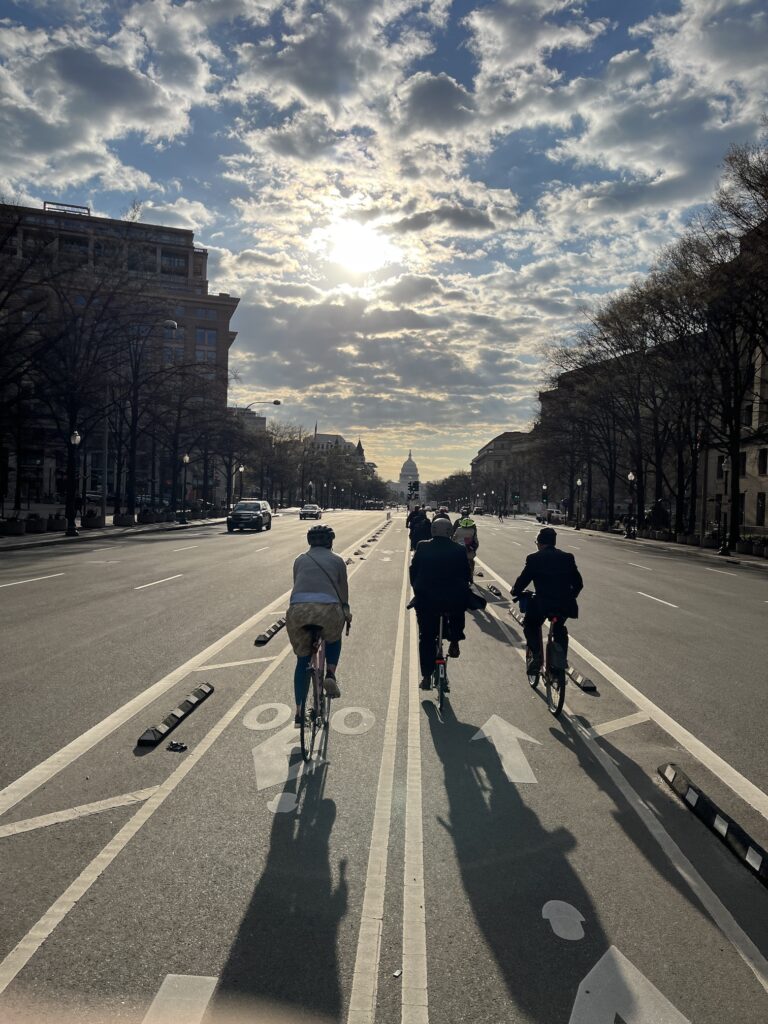
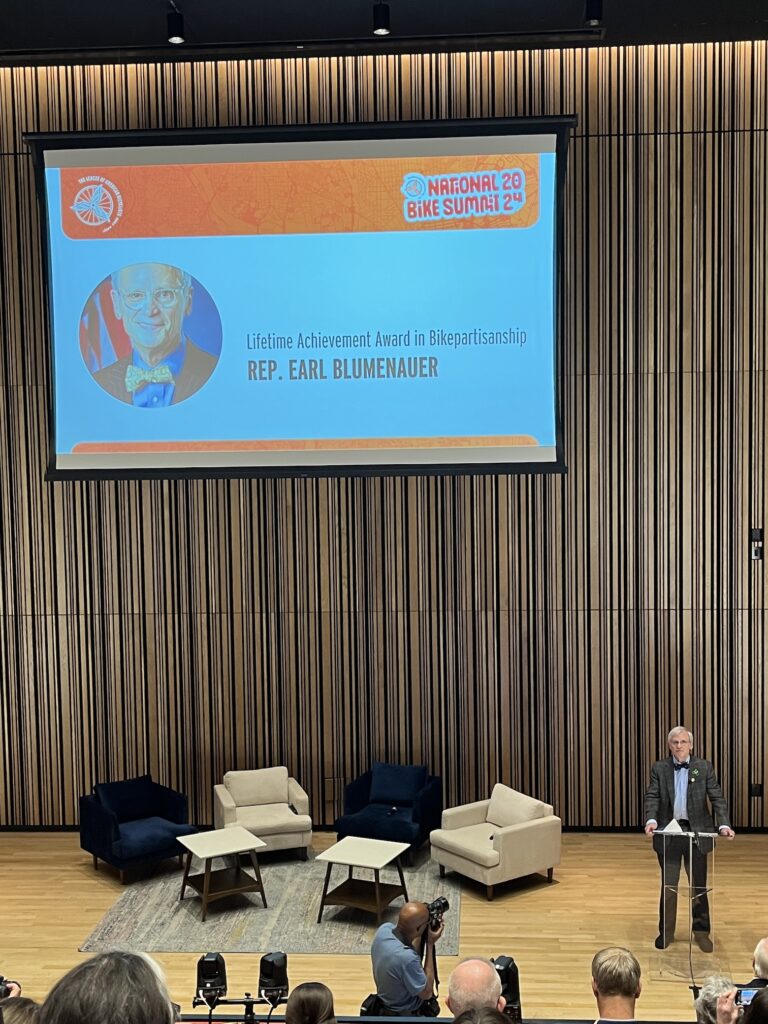
Prior to our meetings, we met for a congressional bike ride around D.C. We welcomed Congressman Earl Blumenauer, who started the Bike Caucus and is retiring from Congress this year. During the bike ride we experienced some of D.C.’s great bicycle infrastructure first hand. Rep. Blumenauer was presented a Lifetime Achievement Award by LAB at the conference.
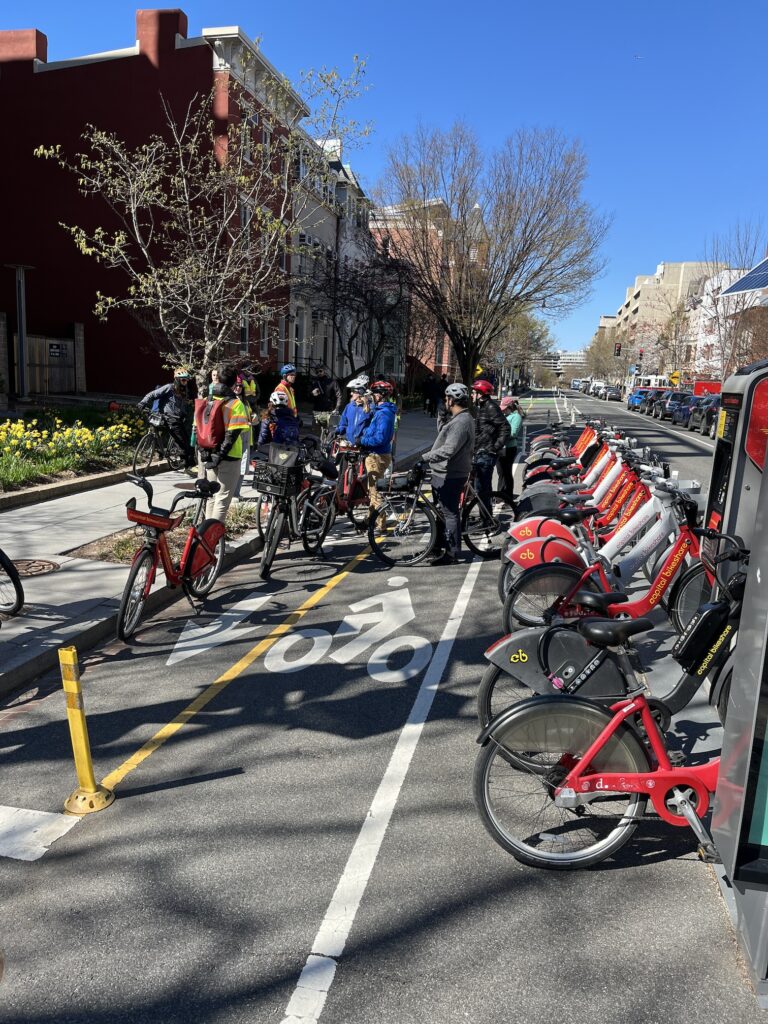
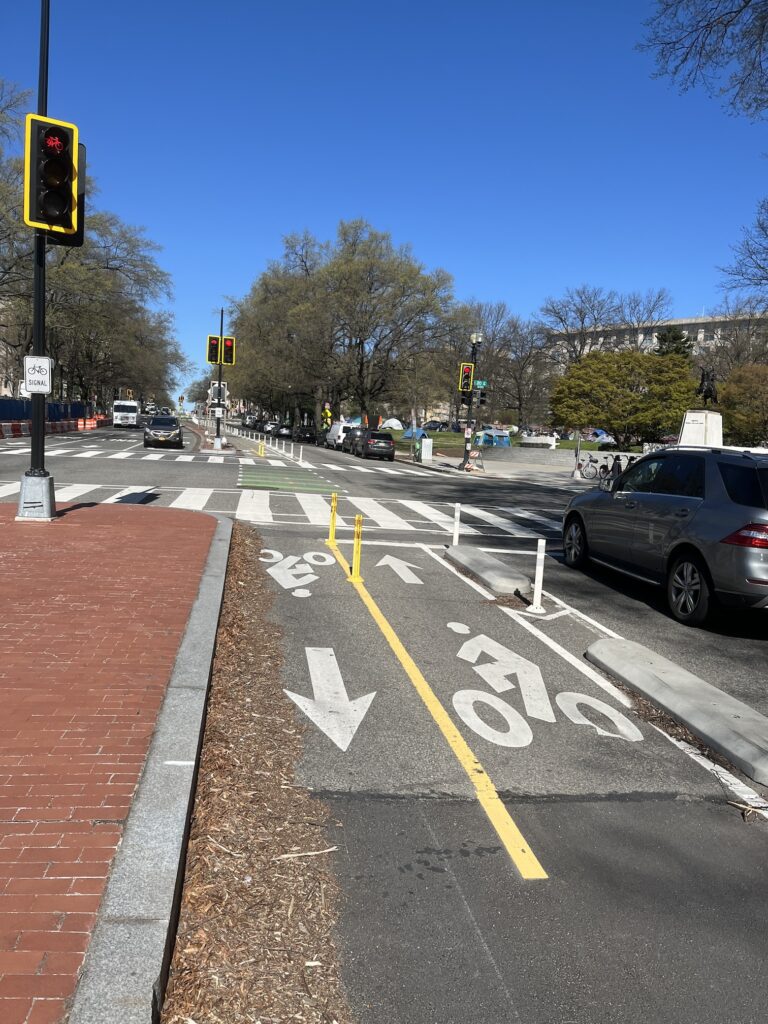
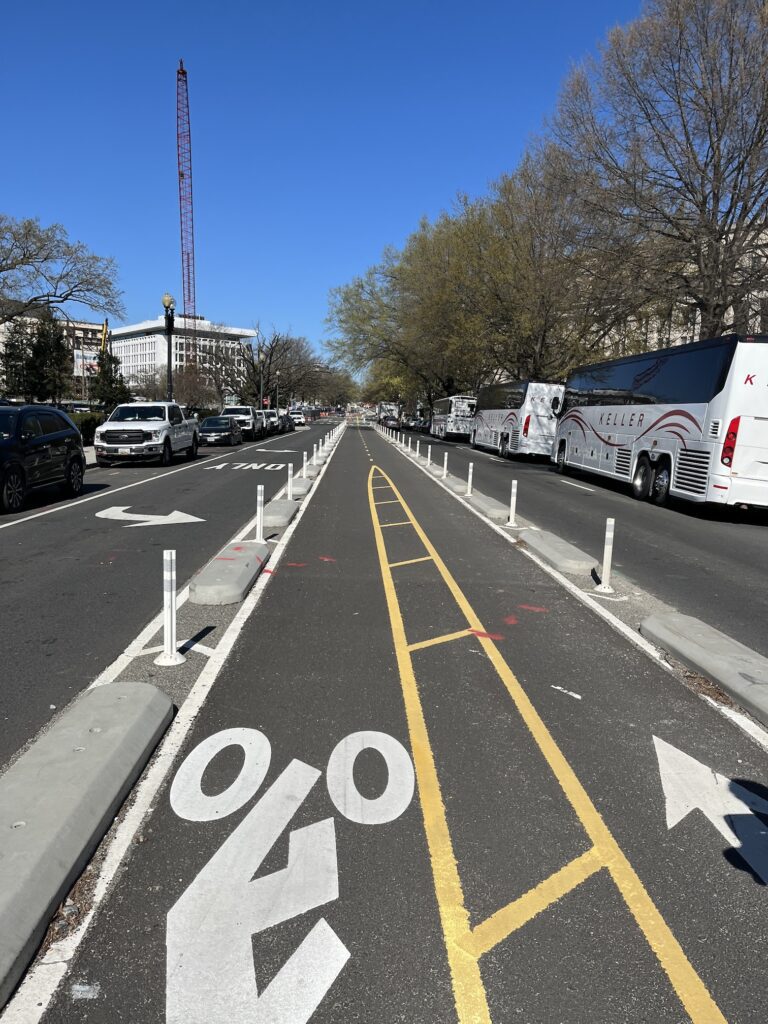
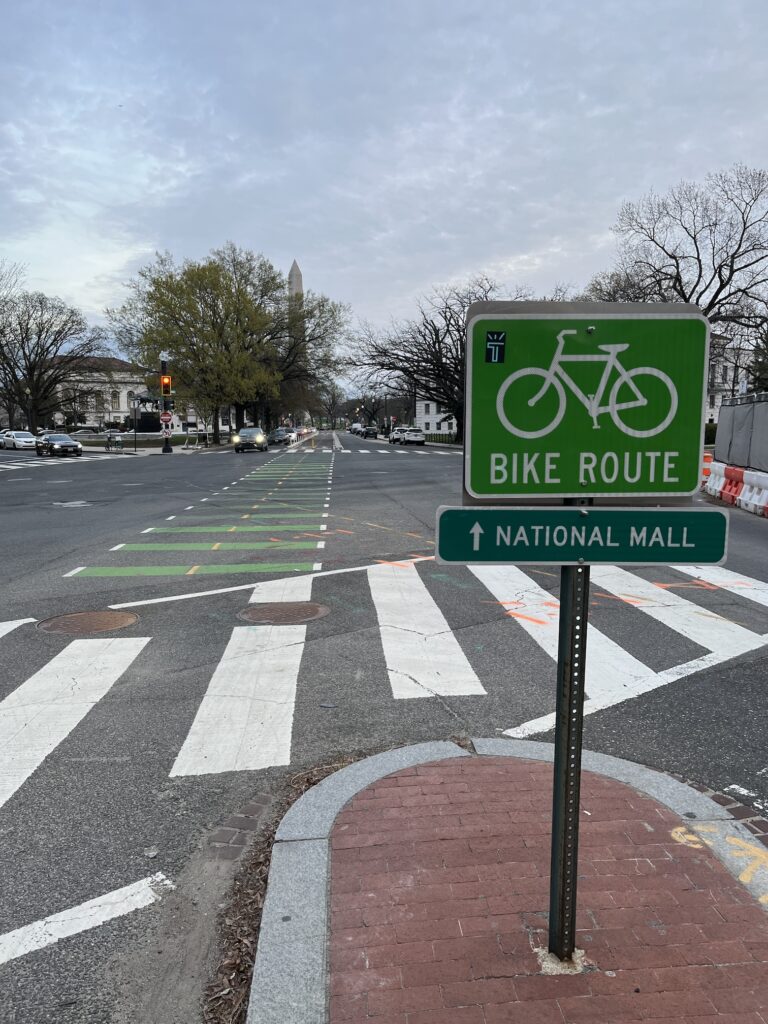
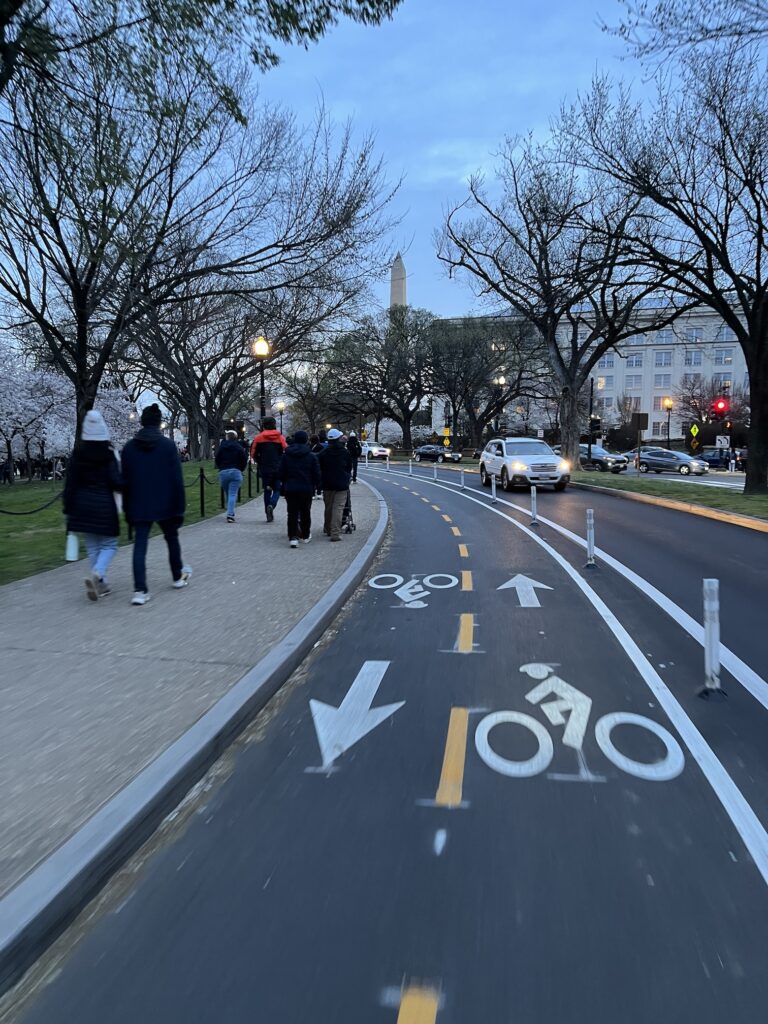
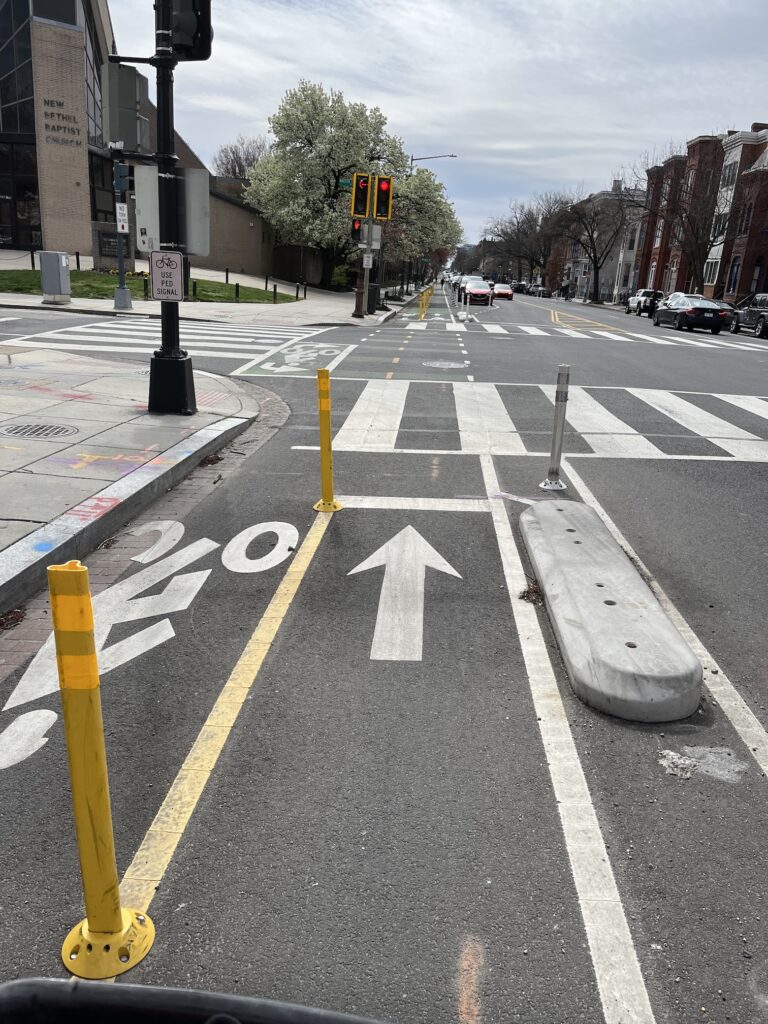
The following morning I attended a mobile workshop with DDOT, D.C.’s Department of Transportation, to take a closer look! We saw protected bike lanes that went down the middle of busy streets yet still felt comfortable. We saw redesigned streets with wide bike lanes which incorporated the Capital BikeShare stations into the buffered space between travel lane and bike lane. We saw the use of plastic bollards and prefab concrete curbs. Even better, we experienced D.C.’s leading bike/ped interval at each intersection, where people walking and biking are given a green for several seconds before people driving are. This gives vulnerable users a head start and helps reduce conflicts. Additionally, D.C. has the ‘Idaho stop’ system, which allows people riding bicycles to treat stop signs like yield signs, and stop lights like stop signs, and proceed through an intersection when clear. This is the next step in recognizing that people biking can responsibly use the infrastructure in different ways than people driving vehicles because they pose a far lower safety risk and are much more aware of their surroundings.
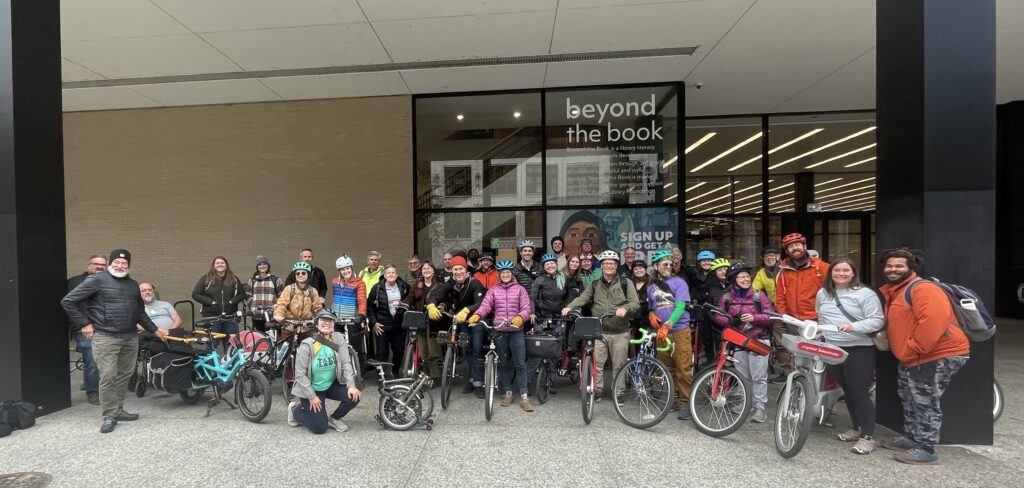
We concluded the conference by hearing from Erick Cedeño, also known as the Bicycle Nomad. His storytelling ability, and exploration by bicycle mentality, captured the audience. He discussed his 1900-mile adventure of retracing the pedal strokes of the Buffalo Soldiers, African-American Army soldiers who traversed much of the midwest by bicycle in the late 1800s. Inspiring tale!
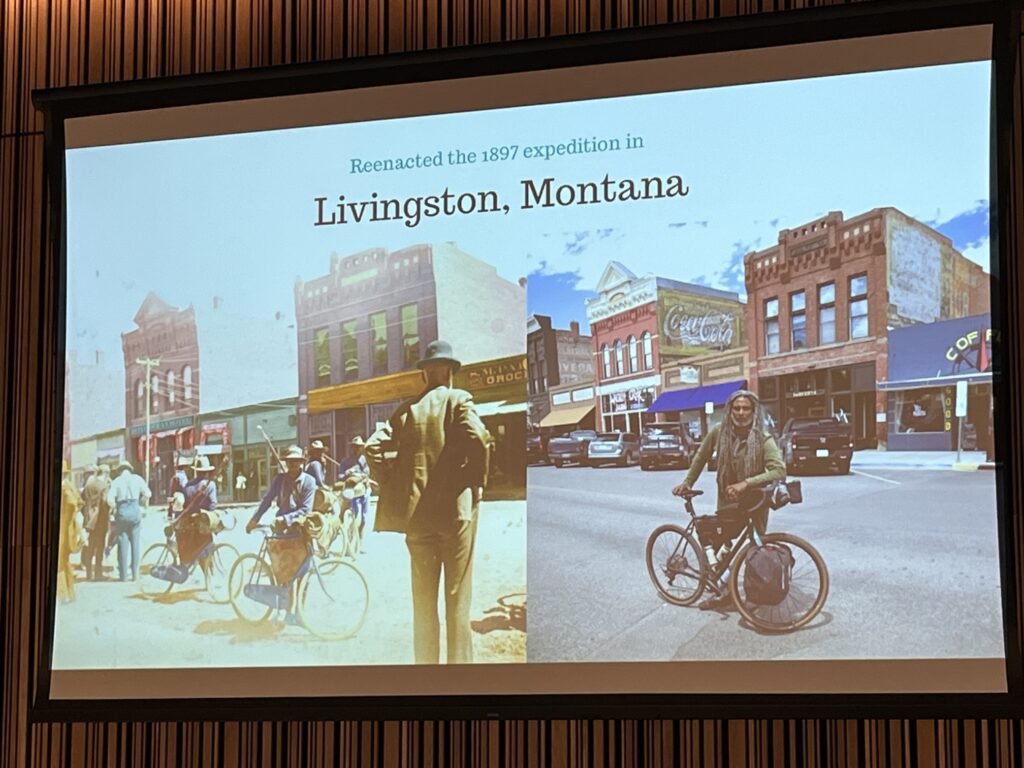
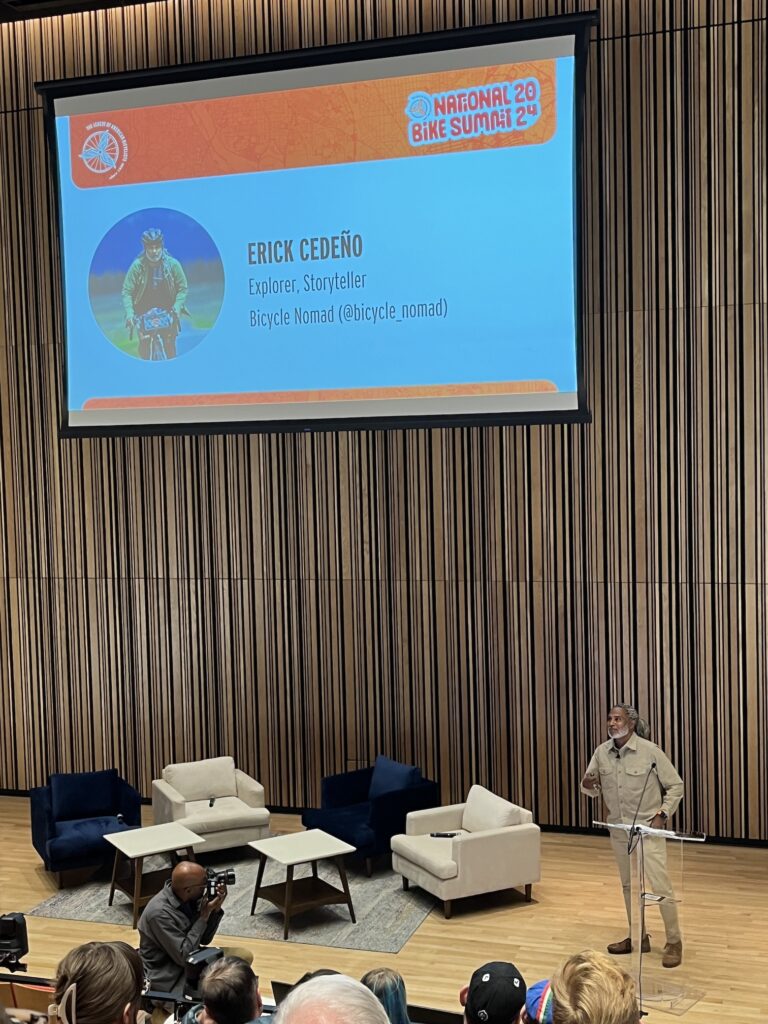
The conference had great educational opportunities as well as networking opportunities. I was able to connect with other Executive Directors, many of whom I have monthly Zoom calls with. Additionally, we networked with other advocates from across the country at various levels of non-profit organizations, government agencies, and for profit businesses. This is a great way to bring ideas back to Hawai‘i and advance our efforts locally. Thanks to funding from Ulupono Initiative and Rails to Trails Conservancy for making this trip possible. Looking forward to next year!
